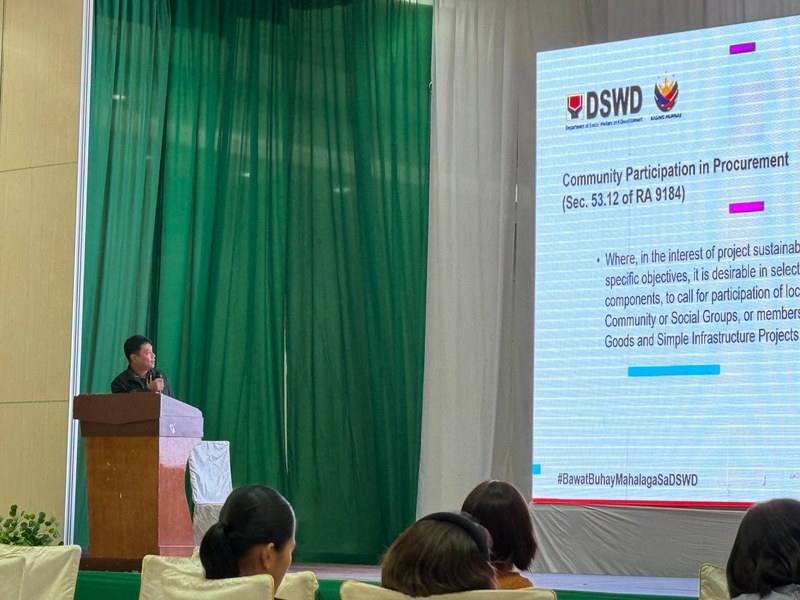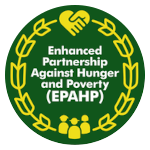
EPAHP RPMO IX beefs up advocacy on Negotiated Procurement Community Participation to Municipal Social welfare and development officer in Region IX
| In accord with President Ferdinand R. Marcos Jr.'s vision to fight hunger and poverty and as explicitly mentioned in the Philippine Development Plan 2023–2028, which aims to bring poverty down to a single digit, The Department of Social Welfare and Development (DSWD)Secretary Rex Gatchalian issued a memorandum restating the use of Negotiated Procurement Community Participation or NP-CP in the implementation of DSWD feeding programs. Secretary Gatchalian emphasized the importance of community participation in the procurement process system of the agency's anti-hunger program. By utilizing the transfer of funds modality, field offices are encouraged to suggest this procurement strategy to the local government units, and in support of that the EPAHP RPMO IX conducted an orientation on Negotiated Procurement-Community Participation (NP-CP) to the Municipal Welfare and Development Officers in Region IX. The orientation took place at LM Metro Hotel Zamboanga City, Province of Zamboanga Del Sur, Municipal Social Welfare and Development Officers throughout Region IX are being lobbied harder on the utilization of NP-CP. The Enhanced Partnership and Hunger Poverty program is one of the government’s strategies in addressing pressing issues related to hunger mitigation and poverty reduction. One of the strategic measures aimed at accomplishing the program's objectives is strengthening the program's sustainability by institutionalizing mechanisms in local government units that could enable the adoption of community participation procurement, which would permit the participation of community-based organizations in the program. The support of the Local Government Units in the program and the Zero hunger target of the government by 2030 is critical to the success of the program. |
